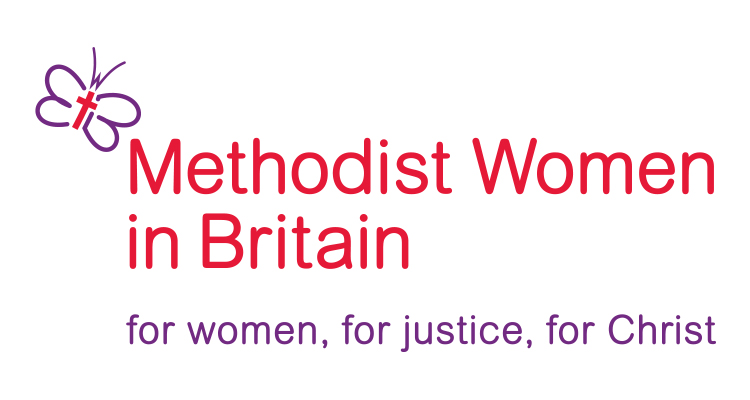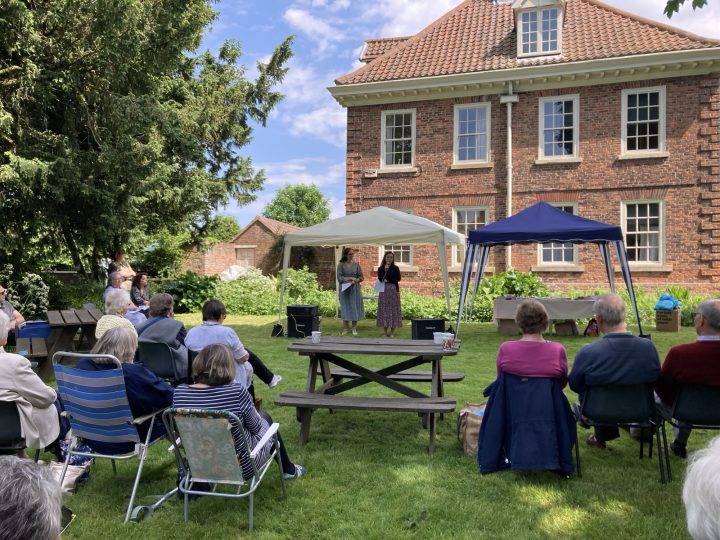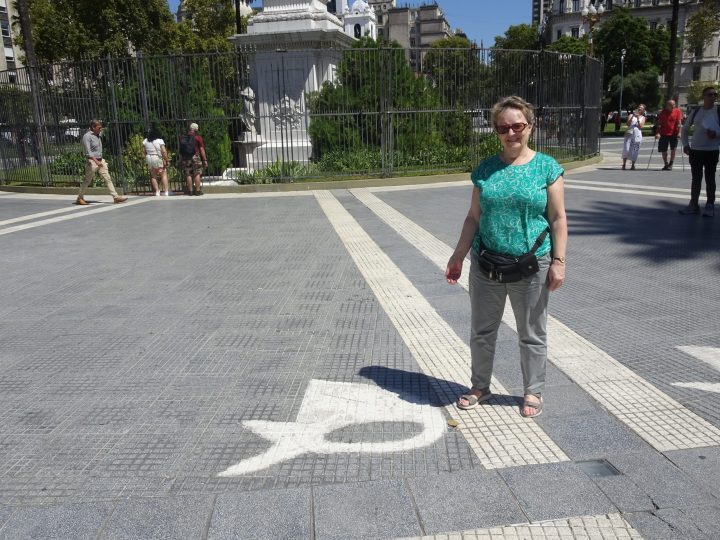
The issue of women’s rights to equality has long been debated, and although progress has been made in some areas, it is still an ongoing topic. There are no countries in the world where women are represented in politics, business, the church, sport in equal proportion to men. Many girls are denied education, or only receive primary education. Women are expected in many societies to look after the home and family, and often the growing of foods as well, so access to training or opportunities that will give them the ability to start a small business are simply dreams.
Women in leadership can be viewed with suspicion or even aggression. Sadly this can be true in churches as well as the wider world, making able women feel that they have to work at least twice as hard as male counterparts. We know that far more women [and children] than men experience gender based violence. We know that this type of aggression has increased throughout the pandemic right across society. It isn’t only physical abuse though – abuse can take many forms such as emotional blackmail, verbal threats, withholding money. All of these can keep women in subservience, damage or destroy confidence and cause medical problems.
It is thought provoking to know that significant educational research has revealed that by the age of six most girls consider boys to be more clever than they are themselves. Where does this stem from? I suggest it comes from the expectations put onto children, by the ways in which we introduce objects and toys to them, the expectations that girls will be well behaved while it is OK for boys to have rough and tumble or be a bit cheeky. The attitudes we so often have are so ingrained in us that we do not even recognise that we are biasing our love for the children and grandchildren, from our subconscious. It is part of home, school and junior church.
I recently joined a meeting with church women from South Africa, and Methodist Women in Britain, including Reverend Sonia Hicks, focussing on Women in Leadership. This was part of her preparation for becoming President of the Methodist conference. It quickly became clear that the South African women tend to experience the aggression and dominance of men in society, and in church, to a far greater extent than we generally do in Britain. There is an additional element, and further complication, added to the equation by having a dark skin. The legacy of white domination from days of Empire have left a lasting influence.
The challenges for all of us , men as well as women, black as well as white, will doubtless continue for some time to come. What can we all do to help equalise society, and in particular perhaps within our own church. How can we influence positive change? How can we support women to attain their potential? How can we support and foster those with leadership potential? Maybe by thinking through not just what we teach our children, but how we do so. Where can we create opportunities for females to have influence? Could it start in allowing young people and lay women more active participation in activities and services? Can we find out about different styles of leadership and recognise that sometimes leadership is done in quiet ways. Can we find ways to support and mentor those who could become leaders, allowing them to grow in confidence, and develop their own approaches and methods?
The future of the church is reliant on each of us contributing as positively as we can. There are few easy or obvious answers to the way forward, but I really believe there is a positive future and with God’s help we should be able to find it. You may like to refer to Galatians 3:28 .



